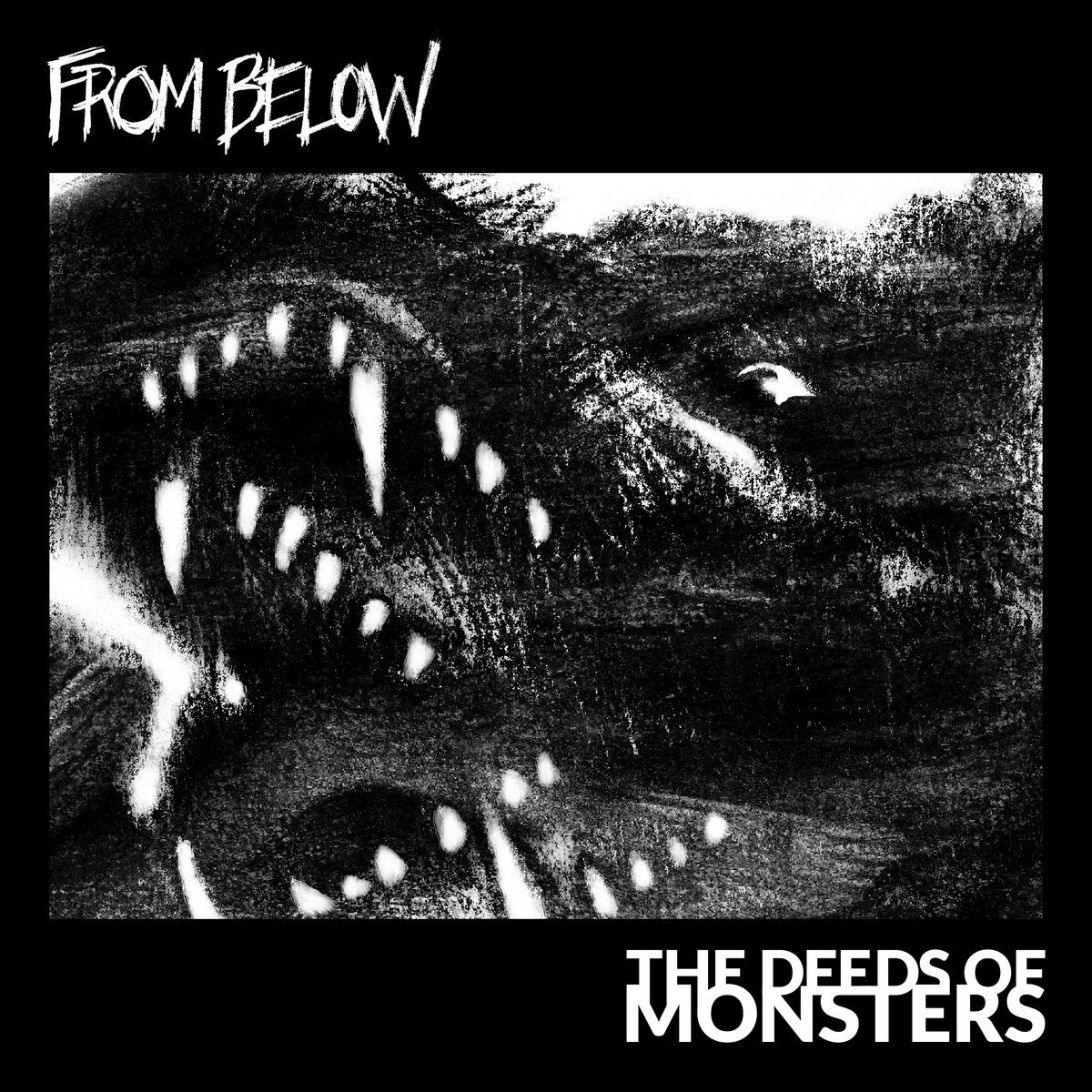Indifferent Engine’s “Crashing Into A Hillside In The Dead Of Night” isn’t about spectacle. It’s about inevitability. The slow-motion realization that things are spiraling beyond control, and the paralyzing inability to stop it. It’s a song about disaster—not in a vague, poetic sense, but in the cold, mechanical way things fall apart when no one speaks up.
Inspired by the 1990 crash of Avianca Flight 52, where a plane ran out of fuel while circling for clearance to land, the track funnels that moment of quiet doom into a relentless surge of tremolo-picked guitars, crunching bass, and vocals that sound like they’ve been dragged through concrete. There’s no catharsis here, just the crushing weight of knowing something is broken and still being too afraid to say it out loud.
It’s the first single from Speculative Fiction, the debut full-length from the Cambridge-based band, set for release May 30th via Church Road Records.
The album leans into catastrophe, both real and imagined, tracing personal failures through a lens of large-scale collapse. Adam Paul, the band’s vocalist and songwriter, keeps things rooted in the tangible—historical disasters, technological failures, the kind of slow-burn tragedies that happen not because of some grand force, but because people hesitate, miscalculate, or look away at the wrong moment.
“There’s a repeating theme of disasters on the album, which comes back over and over as a metaphorical vehicle for creating that feeling of sudden loss. When I was researching for the album, I happened to be reading a book about an air disaster, 052 Heavy, which was an airliner that crashed after it ran out of fuel. The overall conclusion was that the airport was busy due to weather conditions, so the plane was kept waiting to land for too long—but that the pilots, knowing they were running out of fuel, for some reason couldn’t bring themselves to just tell air traffic control they needed to land right now. I think the song was kind of funneling in that feeling of not standing up for yourself but wishing you had or could.”
Paul’s approach to writing is as much about world-building as it is about sound. The band’s live shows are cluttered with glowing CRT-TV monitors, the same way their recordings layer tension on top of tension, never quite giving release. They sit somewhere in the cracks between post-hardcore, noise rock, contemporary prog, and alternative metal, but don’t settle into any one comfortably. Speculative Fiction is jagged and restless, shifting under its own weight. It was recorded, mixed, and engineered by Tom Hill (Modern Rituals) at The Bookhouse studio in London, capturing the band’s sharpest, most unrelenting form to date.
View this post on Instagram
Their entire output is wired into a broader aesthetic of breakdown and reconstruction. Paul, a video game developer, took the themes of “Crashing Into A Hillside In The Dead Of Night” one step further, creating a fully playable Sega Mega Drive game to go alongside it—a lo-fi, aerospace-themed game that started as a way to generate footage for the music video and ended up becoming its own project. Youc an check it out here.
“I decided to try and make the [music] video as if it were a videogame. It had to be aerospace themed, as that fits thematically with the track, and so I immediately thought of Afterburner. That was perfect because old arcade games are reasonably trivial to build working versions of in modern game engines with minimal time and money. I first developed a simple playable version of the game to use in making footage—a lot of the scenes involving the exteriors of the planes are me controlling the planes using a gamepad and just rendering out the footage to be cut together in a video editor. I enjoyed the process so much that I decided to just keep going and see if I could make a video game to release. I figure if a creative process is interesting and I enjoy it, then it’s a good sign to just keep doing it. If I find it interesting, then chances are that other people out there will, too.”
Indifferent Engine has been building a small, dedicated following outside their Cambridge home, playing shows in Hertfordshire and London, navigating a scene where they never quite fit. They’re too heavy for the indie and post-punk crowds, too weird for straight-up hardcore bills, but their ability to shapeshift has kept them moving. They’re an awkward band to pin down, but that’s also what makes them work—fitting best alongside other outliers in metal, hardcore, noise rock, and experimental music.
Speculative Fiction is set to carry that energy further, bringing the band into new spaces, both physically and conceptually. There’s talk of festival slots, wider touring, and expanding their visual and sonic experiments into new formats. But at the core of it all, the album stands as a document of disasters—of systems breaking down, of voices going unheard, of watching something spiral out of control and wondering if it’s already too late.












